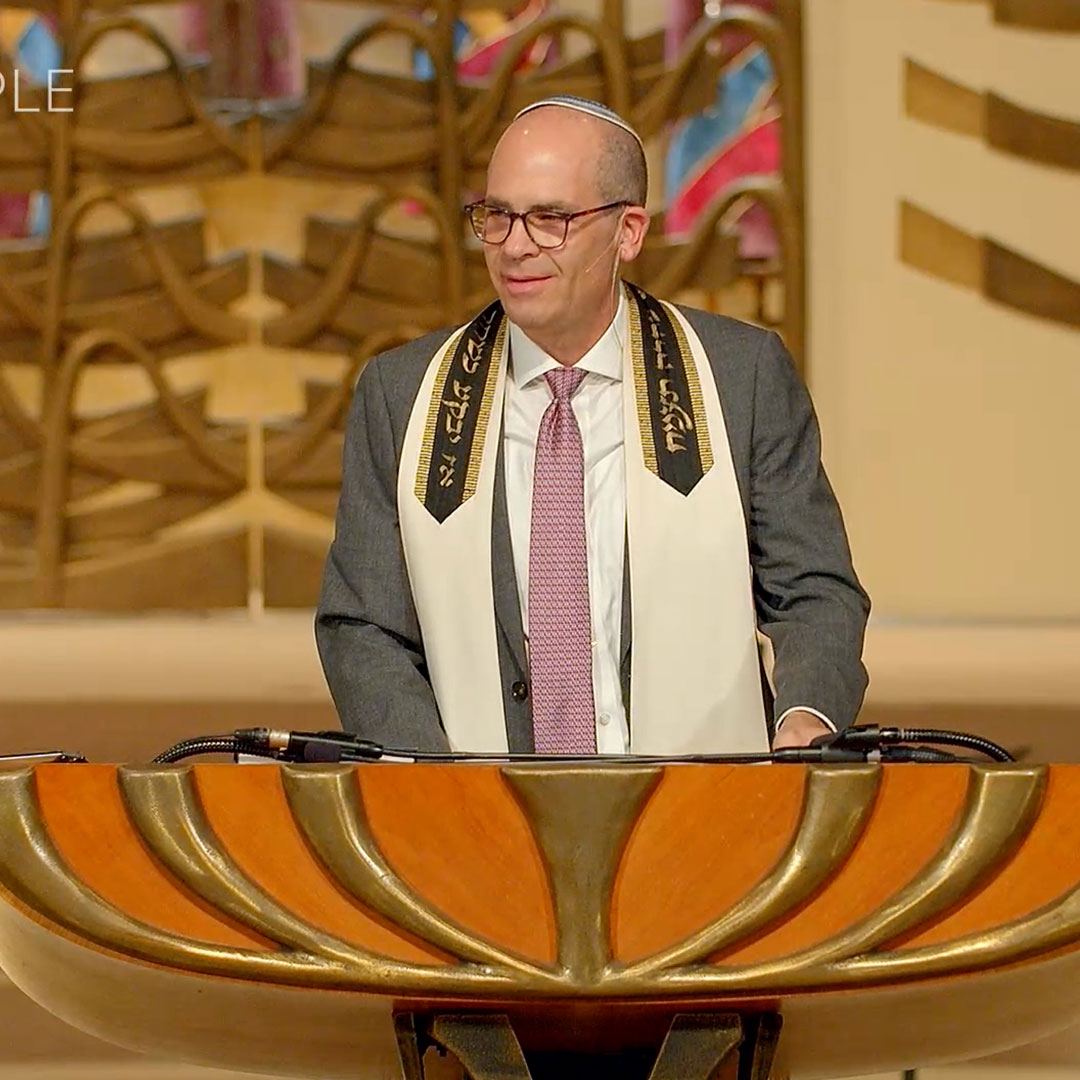
Artificial Intelligence: Meeting Revolutionary Technology with Eyes Wide Open
Rabbi Ron Stern
June 23, 2023 | 4 Tamuz, 5783
Rabbi Ron Stern discusses the frighteningly awesome power of artificial intelligence (AI) by comparing it to another radical, revolutionary human creation: the written word.
Writing and literacy used to be the province of the elite, the specially initiated, the chosen few. Written words were imbued with seemingly magical power. Items inscribed with words were worshiped and revered, treasured and yes, even feared. The written word was able to transmit knowledge from remote corners of history and the world into the palm of one’s hand. Such is the world into which our sacred texts were born.
It took us 2,500 years to recognize truths about Torah and our sacred texts that eluded our ancestors: that they are products of history, human minds, and human hands; that sometimes they reflect values that are contrary to our own; and that sometimes, we have to adapt their teachings. Because of modernity, our relationship with sacred texts has changed, because we see it as a product of history, yet still sacred. Recognizing that, and recognizing that our understanding of it has changed, we’re willing to question it, to challenge it, to contextualize it, to reject it or to reframe it from our contemporary viewpoint.
Yet, for many, those ancient words can still hold tremendous sway, so much so that they breed intolerance, oppression, and violence. Such is the power of the written word. Such is the power of AI.
AI has become ubiquitous. After influencing news feeds on web browsers and social media feeds for years, it is now able to answer the exact same question posed by two different people in different ways based on those two people’s search history and online behavior. It has already helped cement ideological echo chambers, perpetuating some of the worst of human impulses and tribalism. It appears to think and behave like a human being when we engage with it, and in reflecting some qualities of humans, it is both powerful and dangerous. It’s begun to replace human artists and writers by using their own past work to construct new creations. Soon, it will drive our cars. It may even now be equally as powerful as the written word, if not more so. It can be lifesaving, certainly, as it will soon be used to help diagnose diseases, provide mental health counseling, and perform surgeries, but it could also have frighteningly destructive effects if used irresponsibly.
It can edit and create videos, write articles that appear to be news, and retouch photos so that we can no longer accept them as truthful depictions of a reality. It can put words in the mouths of public speakers. Most will be unable to distinguish AI or so-called “deep fakes” from reality. We don’t have thousands of years to harness the power and recognize the danger AI poses, as we did with the written word. History is now.
Watch this week’s video and all Shabbat sermons HERE.
